Martin Luther King Jr.’s dream is alive at Kaiser Permanente
Greg A. Adams, chair and chief executive officer of Kaiser Permanente, received the Dreamer Award for advancing equity.
In 1963, the Rev. Martin Luther King Jr. wrote and gave his landmark “I Have a Dream” speech.
In the speech, he called on America to live up to its ideals of equality and justice for all. To celebrate the 60th anniversary of that call to action, Martin Luther King III and his wife, Arndrea Waters King — Rev. King’s son and daughter-in-law — created the Dreamer Award. The award recognizes leaders who embody the spirit of Rev. King’s speech.
One of the 60 recipients of the award is Greg A. Adams, chair and chief executive officer of Kaiser Permanente.
Adams was selected to receive the award for advancing a more just and equitable world and health care system. The Dreamer Award honors not only Adams’ leadership but also Kaiser Permanente’s historical commitment to advancing equity.
Long-standing trust
The King family has a deep and personal connection with Kaiser Permanente. Arndrea Waters King’s mother, Gladys Howard Waters, was a Kaiser Permanente nurse in Georgia for more than 26 years.
Arndrea Waters King remembers fondly the many times she participated in Kaiser Permanente community events alongside her mother.
She also remembers her mother insisting there was no better place to get care. This led Arndrea Waters King to choose Kaiser Permanente for her care when she gave birth to her daughter, who is Martin Luther King Jr.’s granddaughter.
The family’s ties with Kaiser Permanente underscore its trust in our care, our mission, and values — along with our commitment to moving equity forward.
Advancing equity: It’s in our roots.
We’ve been on a journey since 1945 to advance equity and inclusion — for our workforce, members, and communities
What formally became Kaiser Permanente started in the Kaiser shipyards in the Pacific Northwest and California in the early 1940s. There, women and men — including people from historically marginalized populations — worked together equally.
Kaiser Permanente opened to the public in 1945, during the time of racial segregation. Yet Kaiser Permanente refused to separate Black and white patients.
Our health care organization was one of the first in the United States to have racially integrated hospitals and waiting rooms
Our ongoing journey
We’ve been on a journey since 1945 to advance equity and inclusion — for our workforce, members, ![]() and communities. In recent years, our commitment became stronger as the COVID-19 pandemic exposed social injustices, racism, and inequities in health care.
and communities. In recent years, our commitment became stronger as the COVID-19 pandemic exposed social injustices, racism, and inequities in health care.
We’ve increased our efforts to build a highly inclusive, engaged, and equitable workplace. One way we’ve done this is by creating equity principles to guide our practices and behaviors. We also introduced an employee training program called Belong@KP, which helps people recognize bias and racism and improve their abilities to connect with patients and each other.
Our multicultural, multiracial organization reflects the diverse communities we serve. This helps us provide individual care and service based on background and culture. We advance this work by making equity a critical part of how we measure and report on the quality of care we provide our members.
We also address social health in our communities. Social health means being able to take care of your basic needs, like having a safe place to live, enough money to pay bills, and access to healthy meals. These things directly impact health.
We found that nearly 7 out of every 10 of our members have at least one unmet social health need. And our Black, Latino, and multiracial members are more likely to not have enough money to pay their bills, enough food to eat, or safe places to live. We partner with community-based organizations to support these members.
‘We shall march ahead’
In 1963, Rev. King proclaimed, “We cannot walk alone. And as we walk, we must make the pledge that we shall march ahead. We cannot turn back.”
Kaiser Permanente will continue to be inspired by and honor Rev. King’s dream through our commitment to equity.
We know what can be accomplished when we work with community partners to create a more inclusive, more just, and more equitable world and health care system.
-
Social Share
- Share Martin Luther King Jr.’s Dream Is Alive at Kaiser Permanente on Pinterest
- Share Martin Luther King Jr.’s Dream Is Alive at Kaiser Permanente on Linkedin
- Share Martin Luther King Jr.’s Dream Is Alive at Kaiser Permanente on Twitter
- Share Martin Luther King Jr.’s Dream Is Alive at Kaiser Permanente on Facebook
- Print Martin Luther King Jr.’s Dream Is Alive at Kaiser Permanente
- Email Martin Luther King Jr.’s Dream Is Alive at Kaiser Permanente
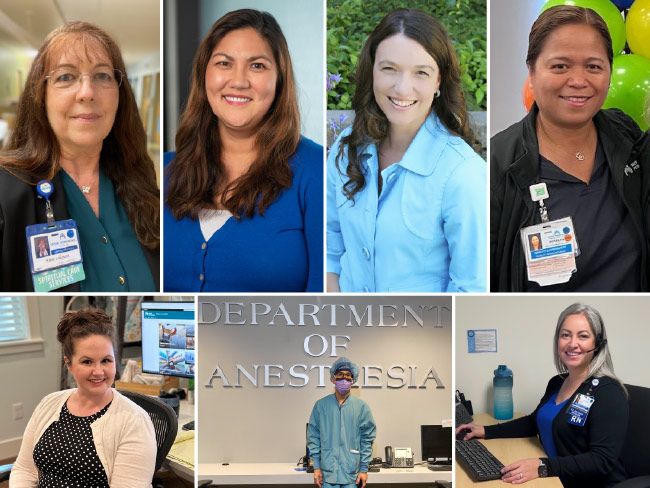
March 27, 2024
Honoring extraordinary nurses
Kaiser Permanente’s award-winning nurses transform patient care and improve …

March 20, 2024
Named best health insurance company of 2024
Kaiser Permanente is the top health insurer in the nation for affordability, …
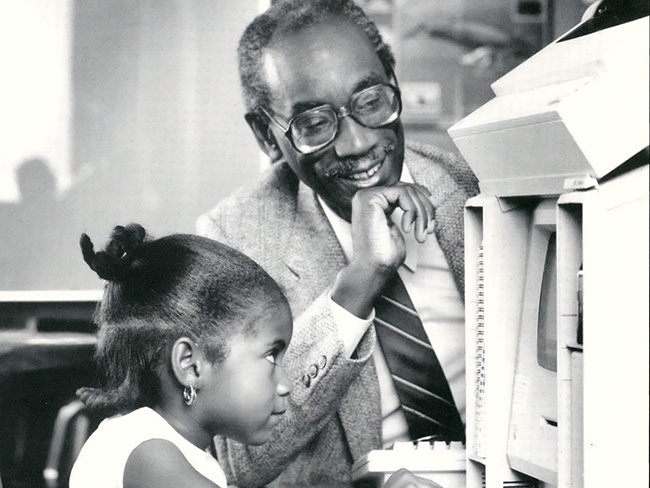
March 6, 2024
Former employee honored for supporting South LA families
Bill Coggins, who founded the Kaiser Permanente Watts Counseling and Learning …
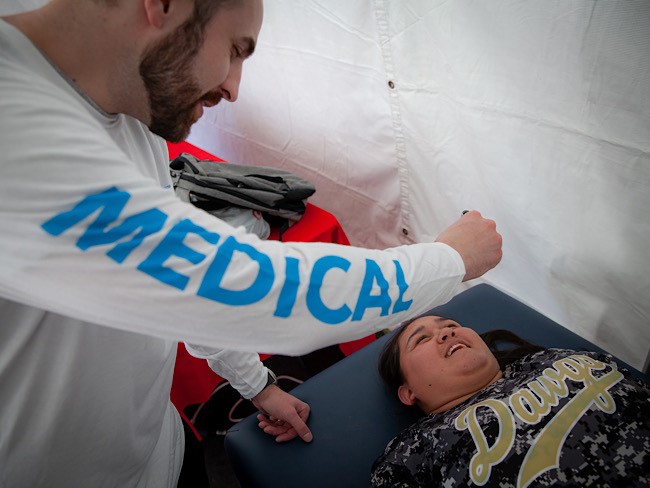
March 4, 2024
Taking care of Special Olympics athletes
Kaiser Permanente physicians and medical students provide medical exams …

February 13, 2024
A legacy of life-changing community support and partnership
The Kaiser Permanente Watts Counseling and Learning Center started as a …
February 7, 2024
Greg A. Adams

February 2, 2024
Expanding medical, social, and educational services in Watts
Kaiser Permanente opens medical offices and a new home for the Watts Counselin …
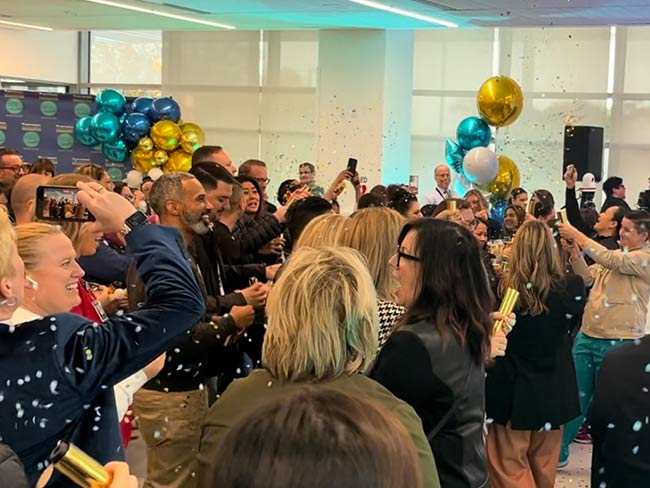
January 17, 2024
International recognition affirms our superior care
The Kaiser Permanente South Sacramento Medical Center becomes our 11th …

January 10, 2024
‘You don’t know unless you ask them’
Kaiser Permanente’s Patient Advisory Councils help us create exceptional …

December 20, 2023
Championing inclusivity at the Fall Games
Kaiser Permanente celebrates inclusion at Special Olympics Southern California …
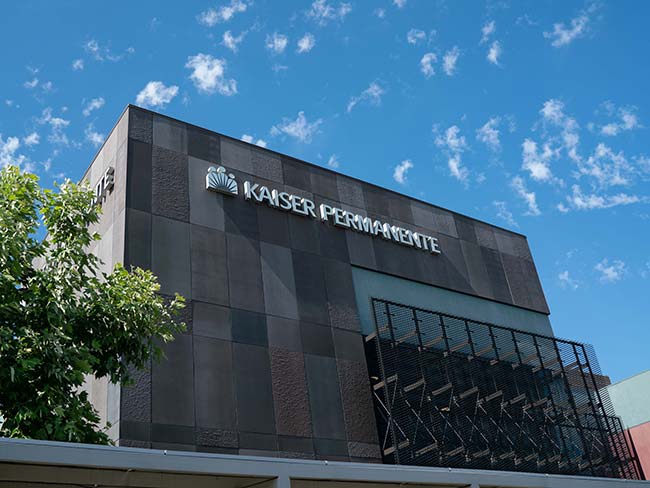
December 13, 2023
Our California health plans honored with top ratings
Kaiser Permanente receives 5 out of 5 stars for overall quality of care …

December 11, 2023
Our health plans earn high ratings
Kaiser Permanente’s commercial and Medicare health plans are rated either …
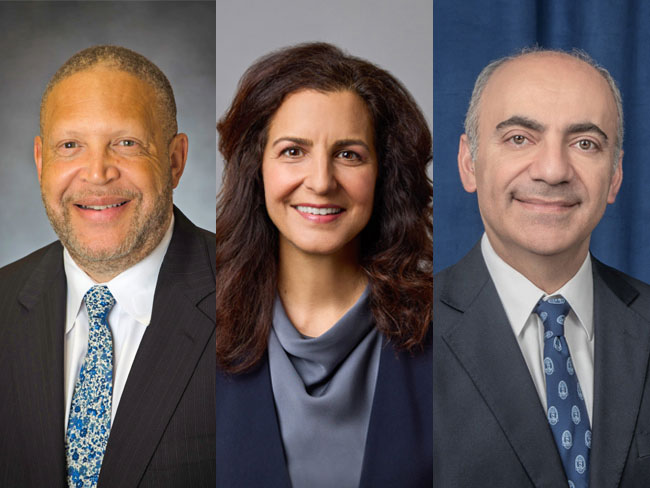
December 6, 2023
Leaders named among health care’s most influential
Greg A. Adams; Maria Ansari, MD, FACC; and Ramin Davidoff, MD, have been …

November 3, 2023
Kaiser Foundation Health Plan and Hospitals Q3 2023 financials
The nonprofit organization continued to deliver on its mission of high-quality …

November 1, 2023
Meet our 2023 to 2024 public health fellows
To help develop talented, diverse community leaders, Kaiser Permanente …
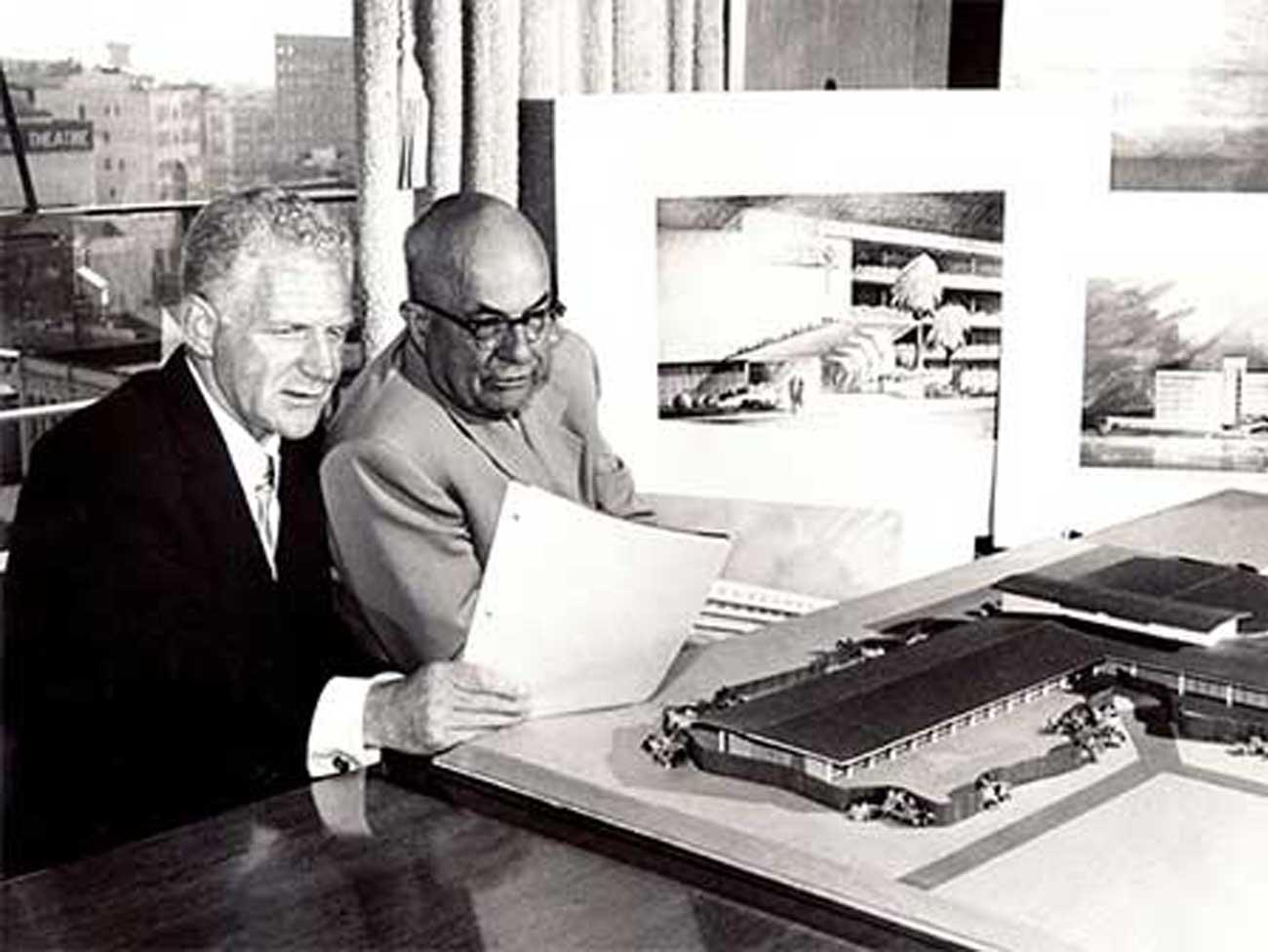
October 17, 2023
How Kaiser Permanente evolved
Sidney R. Garfield, MD, and Henry J. Kaiser came together to pioneer an …

October 3, 2023
Nursing excellence recognized at Fontana Medical Center
The prestigious Magnet® designation affirms the compassion, dedication, …

September 29, 2023
Honored for supporting people with disabilities
Leading U.S. disability organizations recognize Kaiser Permanente for supporti …

September 29, 2023
2022 in review: A focus on equity, quality, and community
Our annual report shows how our dedicated employees and physicians provided …
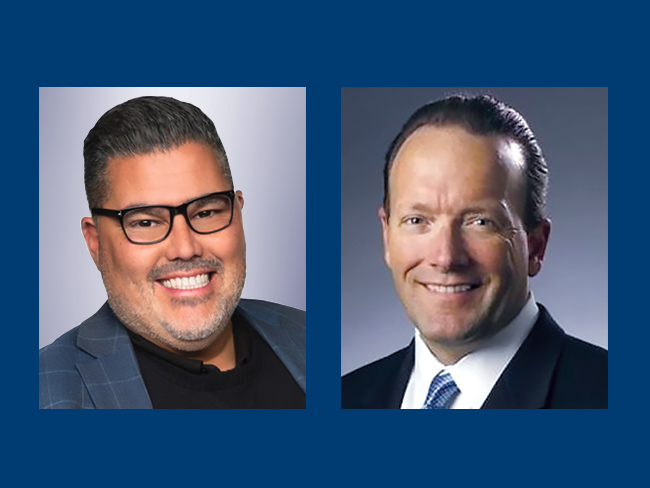
September 22, 2023
New Health Plan leadership announced
Brandon Cuevas has been named EVP for Kaiser Foundation Health Plan, and …
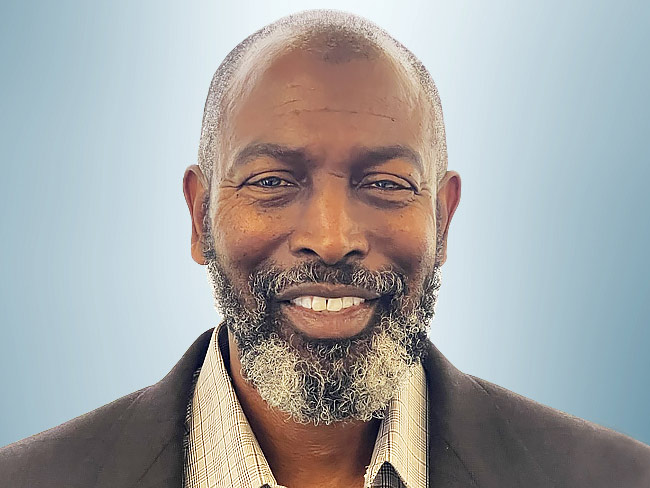
September 21, 2023
Greg Holmes appointed chief human resources officer
He has served as senior vice president, Total Rewards and Performance, …

September 18, 2023
Highest-rated everywhere we serve
Our health plans are again rated among the nation’s best for overall treatment …

September 13, 2023
Transforming the medical record
Kaiser Permanente’s adoption of disruptive technology in the 1970s sparked …
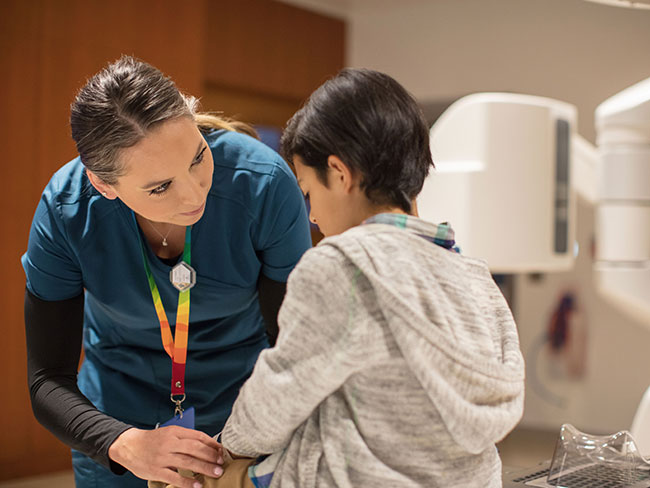
August 31, 2023
Grateful for our employees on Labor Day and every day
Our employees and physicians are the heart of Kaiser Permanente.
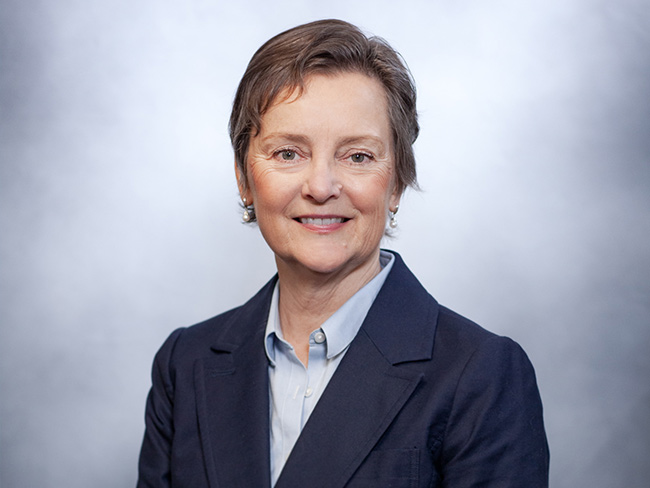
August 15, 2023
Diane Comer to retire as chief information technology officer
IT organization will move to report to Yazdi Bagli, executive vice president, …

August 8, 2023
Nursing excellence: Joining the elite 10% in the nation
Kaiser Permanente Panorama City Medical Center achieves coveted Magnet® …
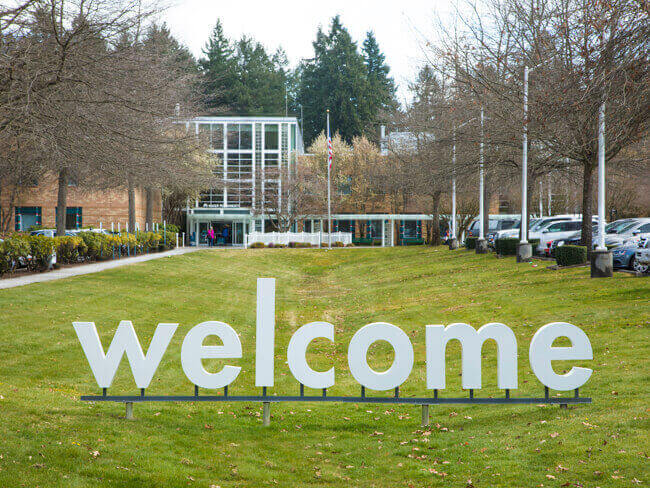
August 7, 2023
Olympia Medical Center earns people’s choice, again!
Readers of The Olympian voted their Kaiser Permanente location for 2 awards.

August 4, 2023
Kaiser Foundation Health Plan and Hospitals Q2 2023 financials
Ongoing efforts to improve financial performance support the nonprofit …

August 3, 2023
Announcing new chief compliance and privacy officer
Jacqueline Carberry Baratian will lead the ethics and compliance program …

August 3, 2023
All our hospitals rated among nation’s best
For the third year in a row, every Kaiser Permanente hospital earned ‘high …

July 11, 2023
We deliver excellence for parents and babies
Our members are more likely to feed their babies breast milk. And they’re …

June 30, 2023
Our response to Supreme Court ruling on LGBTQIA+ protections
Kaiser Permanente addresses the Supreme Court decision on LGBTQIA+ protections …

June 29, 2023
Our response to Supreme Court's ruling on affirmative action
Kaiser Permanente addresses the Supreme Court decision on affirmative action …

June 29, 2023
Special Olympics athletes go for the gold
Kaiser Permanente celebrated its sixth year as official health partner …
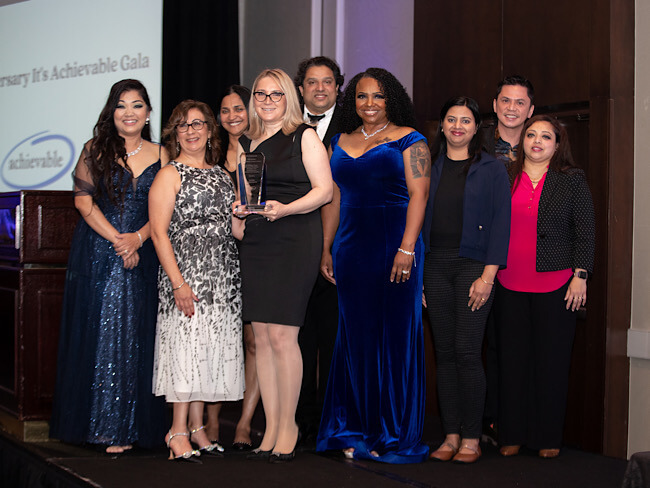
June 14, 2023
Honored for commitment to people with disabilities
The Achievable Foundation recognized Kaiser Permanente for its work to …

June 7, 2023
Engaging businesses for action on climate and health equity
New climate collaborative with BSR announced at joint Kaiser Permanente …
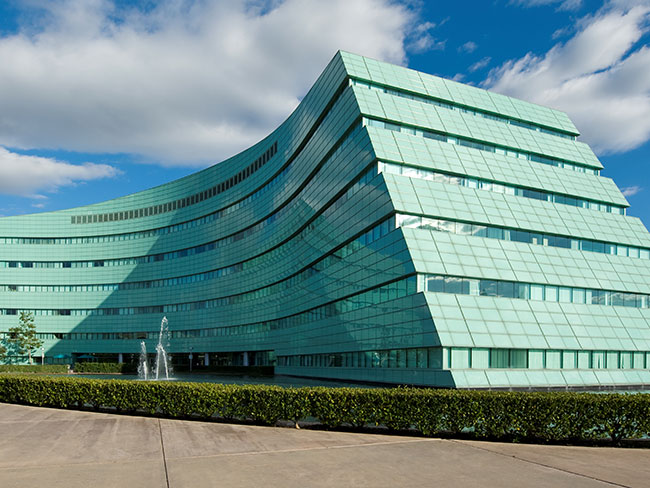
May 18, 2023
The gold standard of nursing excellence
Kaiser Permanente Baldwin Park Medical Center achieves Magnet status, the …

May 15, 2023
Recognized again for leadership in diversity and inclusion
DiversityInc names Kaiser Permanente to its Top 50 Hall of Fame for the …

May 10, 2023
A workplace for all
We value and respect employees and physicians of all backgrounds, identities, …

May 10, 2023
Equity, inclusion, and diversity
We strive for equity and inclusion for all.
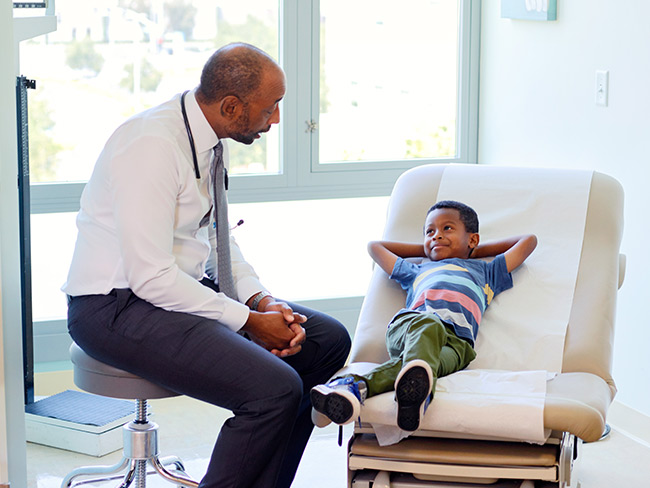
May 5, 2023
Kaiser Foundation Health Plan and Hospitals Q1 2023 financials
The nonprofit organization delivered on its mission of high-quality, affordabl …
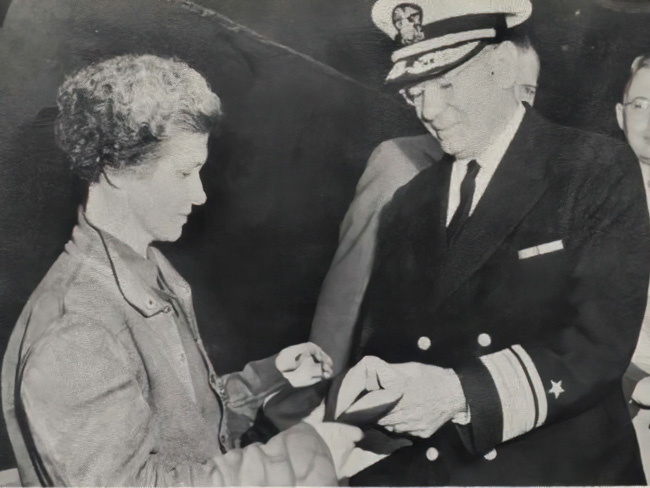
May 2, 2023
Women lead an industrial revolution at the Kaiser Shipyards
Early women workers at the Kaiser shipyards diversified home front World …

May 2, 2023
Hawaii hospital named one of America’s best stroke centers
Kaiser Permanente Moanalua Medical Center recognized by the Women’s Choice …
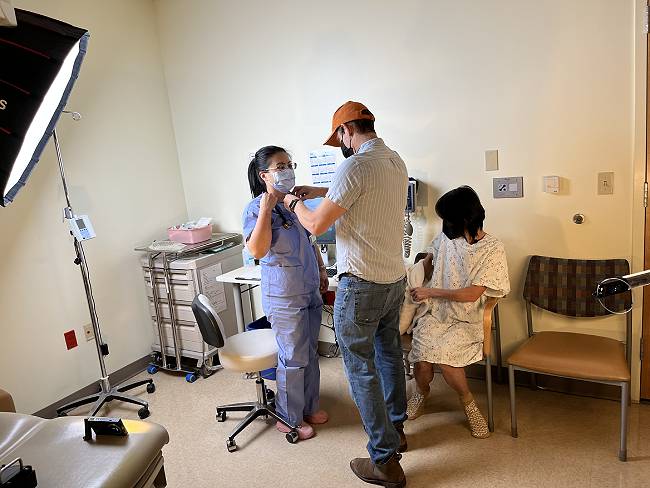
April 27, 2023
Inspiring students to pursue health care careers
Kaiser Permanente is confronting future health care staffing challenges …

April 26, 2023
Risant Health launches with Geisinger
New nonprofit accelerates value-based care with leading community-based …

April 25, 2023
Hannah Peters, MD, provides essential care to ‘Rosies’
When thousands of women industrial workers, often called “Rosies,” joined …

April 25, 2023
Nari Gopala named chief digital officer
Gopala will be responsible for leading Kaiser Permanente's digital transformat …

April 4, 2023
Employees celebrated for volunteerism
Kaiser Permanente Hawaii recognized exemplary community volunteers with …

March 29, 2023
Supporting a safer future with public health
We’re partnering on 3 initiatives to strengthen public health in the United …
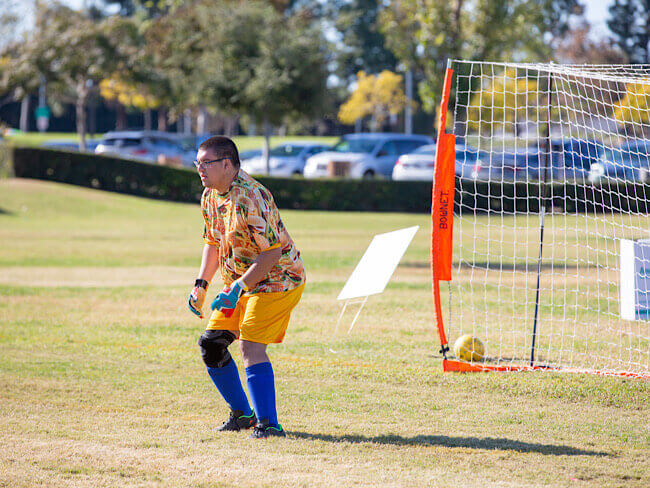
March 29, 2023
Volunteering helps create healthier communities
Kaiser Permanente’s partnership with Special Olympics Southern California …
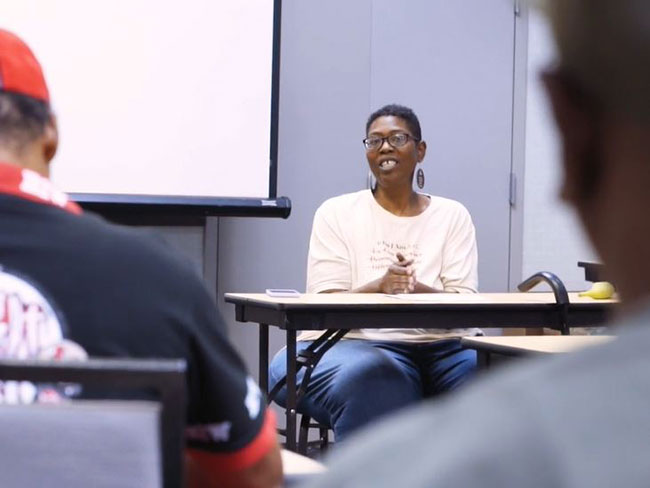
March 28, 2023
Sentenced to prison, not a life of bad health
Reentering society after serving time can land people in unhealthy situations. …

March 20, 2023
We did it again: Named among top hospitals by Newsweek
Kaiser Permanente is recognized for consistently high-quality patient care, …

March 14, 2023
Named among World’s Most Ethical Companies for 5th time
Organizations that receive this recognition improve communities, build …

March 13, 2023
Making waves with our first female sports ambassador
Kaiser Permanente in Southern California partners with San Diego Wave Fútbol …
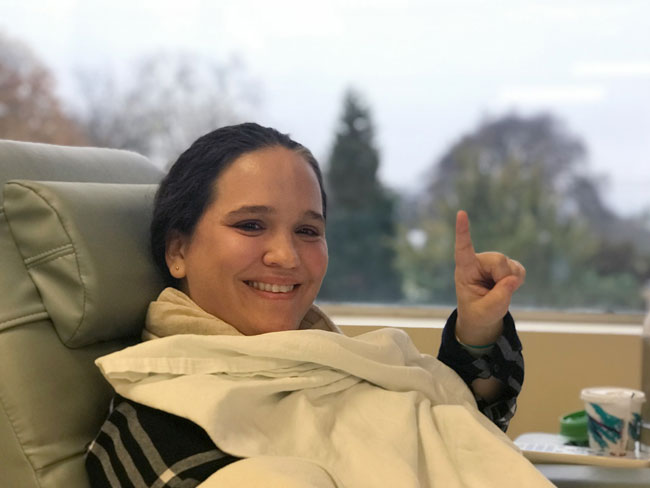
March 8, 2023
Named ‘Best Health Insurance Company' of 2023
A member’s cancer journey, which took her from patient to employee, reflects …
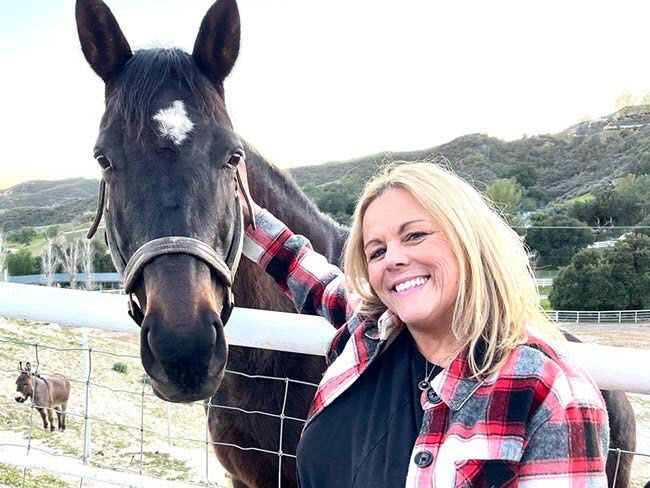
February 7, 2023
Employee honored for her dedication to our communities
Valerie Dionne wins our 2023 George Halvorson Community Health Leadership …
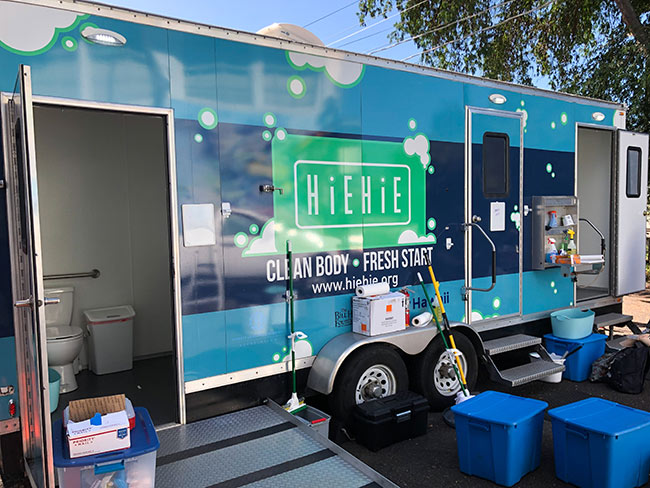
February 3, 2023
Addressing health and housing insecurity
Kaiser Permanente supports 3 Hawaii-based nonprofits.
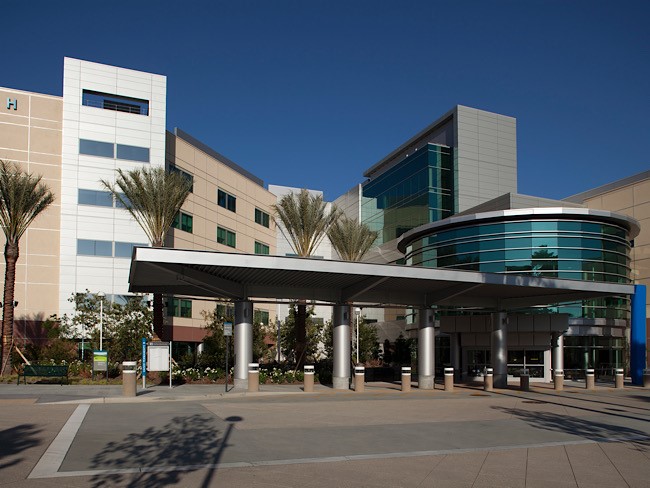
February 2, 2023
The gold standard of nursing excellence
Kaiser Permanente Ontario Medical Center achieves Magnet® status, the highest …
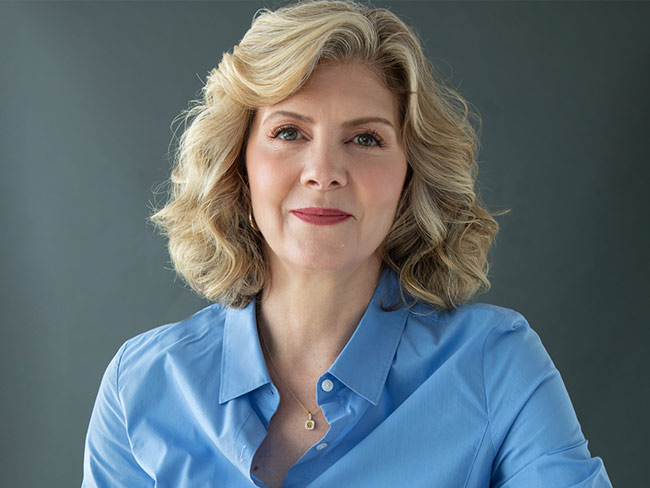
January 27, 2023
Angela M. Dowling to lead Kaiser Permanente in Washington
New regional president brings broad health plan experience to the region. …

January 17, 2023
Our excellent care extends to everyone
California’s Department of Health Care Services rates our Medi-Cal plans …

December 29, 2022
High-quality care
Kaiser Permanente in Hawaii leads the state in 60 care quality measures. …

December 14, 2022
Honoring extraordinary nursing care
Kaiser Permanente’s award-winning nurses are shining examples of our culture …
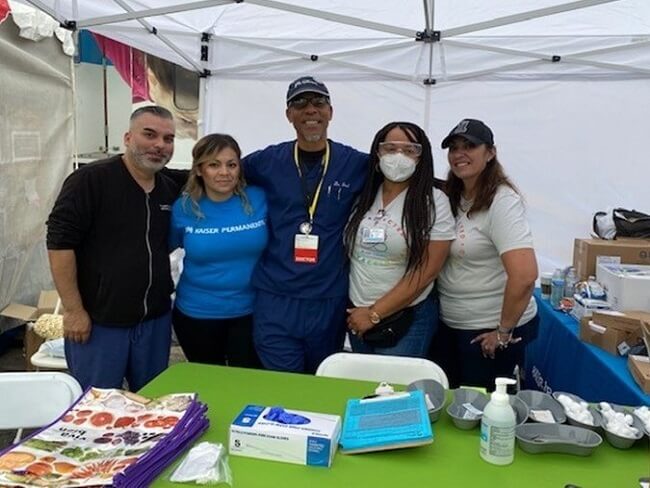
December 6, 2022
Building stronger, healthier communities at community event
Volunteers offered preventive care, first aid, cooling stations, and complimen …

November 16, 2022
Passport to preventive care
Special event helps Latino community ensure their flu vaccinations and …

November 14, 2022
It’s time to rethink health care quality measurement
To meaningfully improve health equity, we must shift our focus to outcomes …
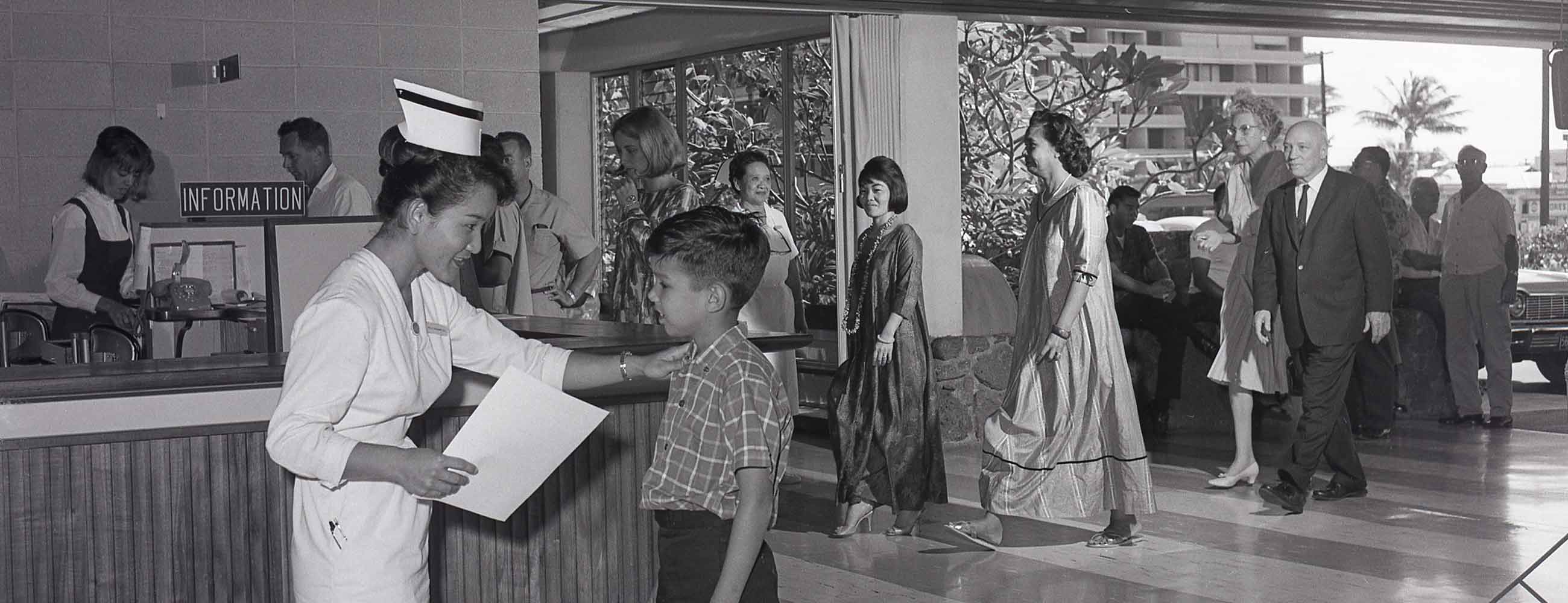
November 11, 2022
A history of leading the way
For over 75 innovative years, we have delivered high-quality and affordable …
November 11, 2022
Early leaders in equity and inclusion
Explore Kaiser Permanente’s commitment to equitable, culturally responsive …
November 11, 2022
Pioneers and groundbreakers
Learn about the trailblazers from Kaiser Permanente who shaped our legacy …
November 11, 2022
Our integrated care model
We’re different than other health plans, and that’s how we think health …
November 11, 2022
Our history
Kaiser Permanente’s groundbreaking integrated care model has evolved through …

November 8, 2022
Protecting access to medical care for legal immigrants
A statement of support from Kaiser Permanente chair and CEO Greg A. Adams …

November 4, 2022
Kaiser Foundation Health Plan and Hospitals Q3 2022 financial update
The integrated health care organization remains steadfast in its mission …

October 25, 2022
Medicare Advantage Plan earns top ranking
U.S. News & World Report lists Kaiser Permanente Hawaii as a “Best Insurance …
October 14, 2022
Contact Heritage Resources

October 6, 2022
We’re a Fast Company Innovation by Design winner
Kaiser Permanente is the first health care organization to win Design Company …
October 1, 2022
Innovation and research
Learn about our rich legacy of scientific research that spurred revolutionary …

September 29, 2022
Partnerships create pathways and launch dreams for youth
Collaboration offers ambitious young people an introduction to a health …

September 16, 2022
Voter participation advances equity
National Voter Registration Day aims to register eligible voters and ensure …
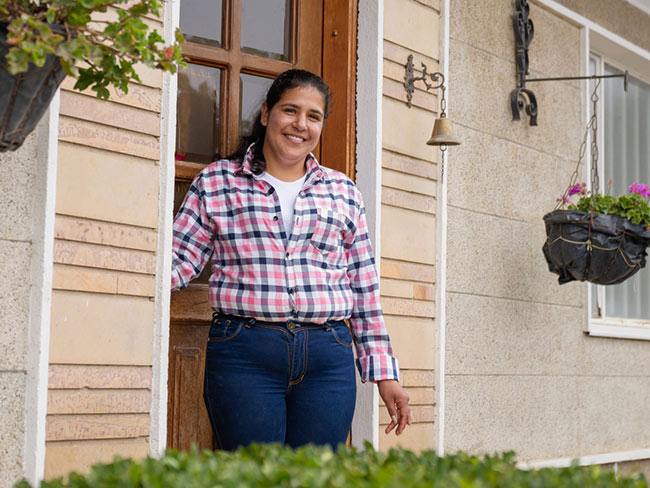
September 14, 2022
Rent reporting can help millions build credit and thrive
A good credit score can make it easier to buy a home, pay for school, or …

September 9, 2022
Minority youth mental health may not be elementary
Support, talk about, and advocate for kids’ mental health. Otherwise, greater …

August 17, 2022
2021 annual report sheds light on another challenging year
We reflect on 3 major COVID-19 surges, urgent vaccination efforts, and …

August 16, 2022
Our support for the Inflation Reduction Act
A statement from chair and chief executive Greg A. Adams on the importance …

August 5, 2022
Kaiser Foundation Health Plan and Hospitals Q2 2022 financials
The integrated health care organization continued its mission to provide …

July 29, 2022
Health care workforce
Strengthening America’s health care workforce

July 27, 2022
Moanalua Medical Center named a high-performing hospital
Kaiser Permanente Moanalua Medical Center earned ‘high performing’ recognition …

June 8, 2022
Moms and babies get the help they need, right from the start
Kaiser Permanente hospitals are recognized by Newsweek for exceptional …

June 1, 2022
This Pride Month, consider how love unites
Despite our differences, we’re all connected. Join Kaiser Permanente in …

May 27, 2022
Grants help AAPI communities and businesses
Kaiser Permanente is working with community organizations and businesses …
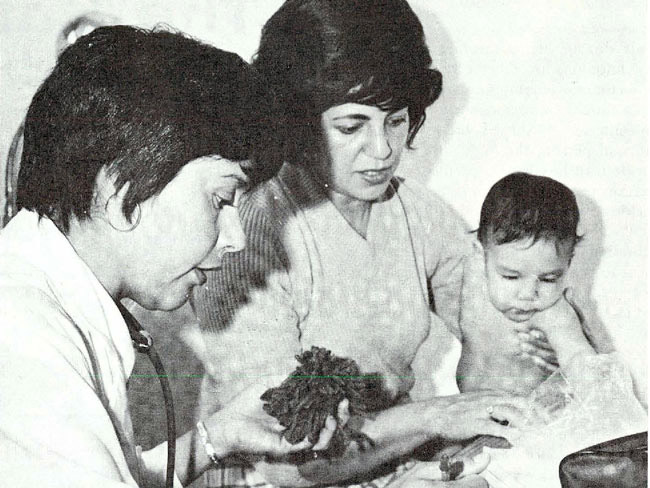
May 26, 2022
Nurse practitioners: Historical advances in nursing
A doctor shortage in the late 1960s and an innovative partnership helped …

May 12, 2022
Honored for medication quality excellence
For the 12th year in a row, Kaiser Permanente has earned the Pharmacy …

May 6, 2022
Kaiser Foundation Health Plan and Hospitals Q1 2022 financial update
The organization delivered on its mission of high-quality, affordable care …

May 6, 2022
Honoring our nurses
Thank you for delivering high-quality, compassionate care every day.

May 3, 2022
Top marks for maternity care
Medical centers in 5 counties of Southern California get coveted status …

April 26, 2022
Employee-owned businesses foster healthier local economies
When employees share in the wealth of their company, the community benefits. …
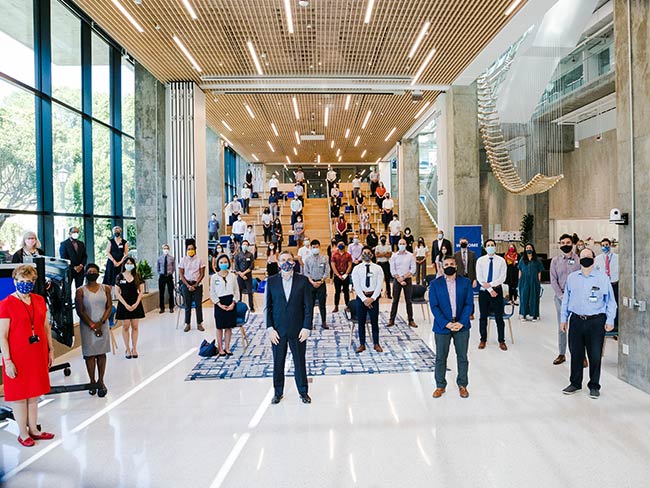
April 19, 2022
Medical school ranks among nation’s most diverse
The ranking reflects the Kaiser Permanente Bernard J. Tyson School of Medicine …

April 4, 2022
Celebrating 5 years as Special Olympics' official health partner
We are set to join Special Olympics Southern California athletes as they …
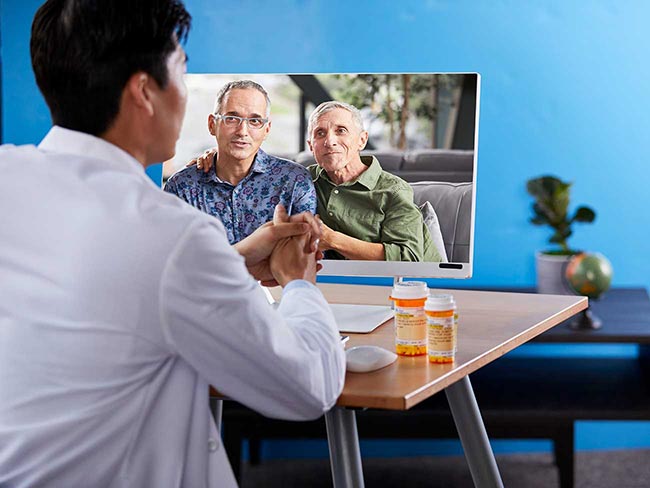
April 1, 2022
A leader in LGBTQ+ health care equality
All 39 of our hospitals receive top marks again for welcoming and inclusive …

March 22, 2022
Our commitment to equity and our LGBTQIA+ communities
A statement from chair and chief executive officer Greg A. Adams.
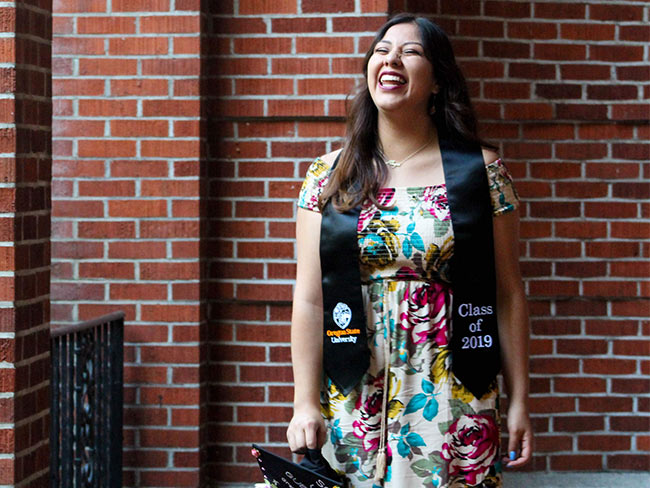
March 2, 2022
Scholarships support students pursuing health care careers
With our Health Equity Scholars Program, we’re helping students achieve …

February 24, 2022
Mural celebrates North Portland community
Art installation at Kaiser Permanente Interstate Medical Center reflects …